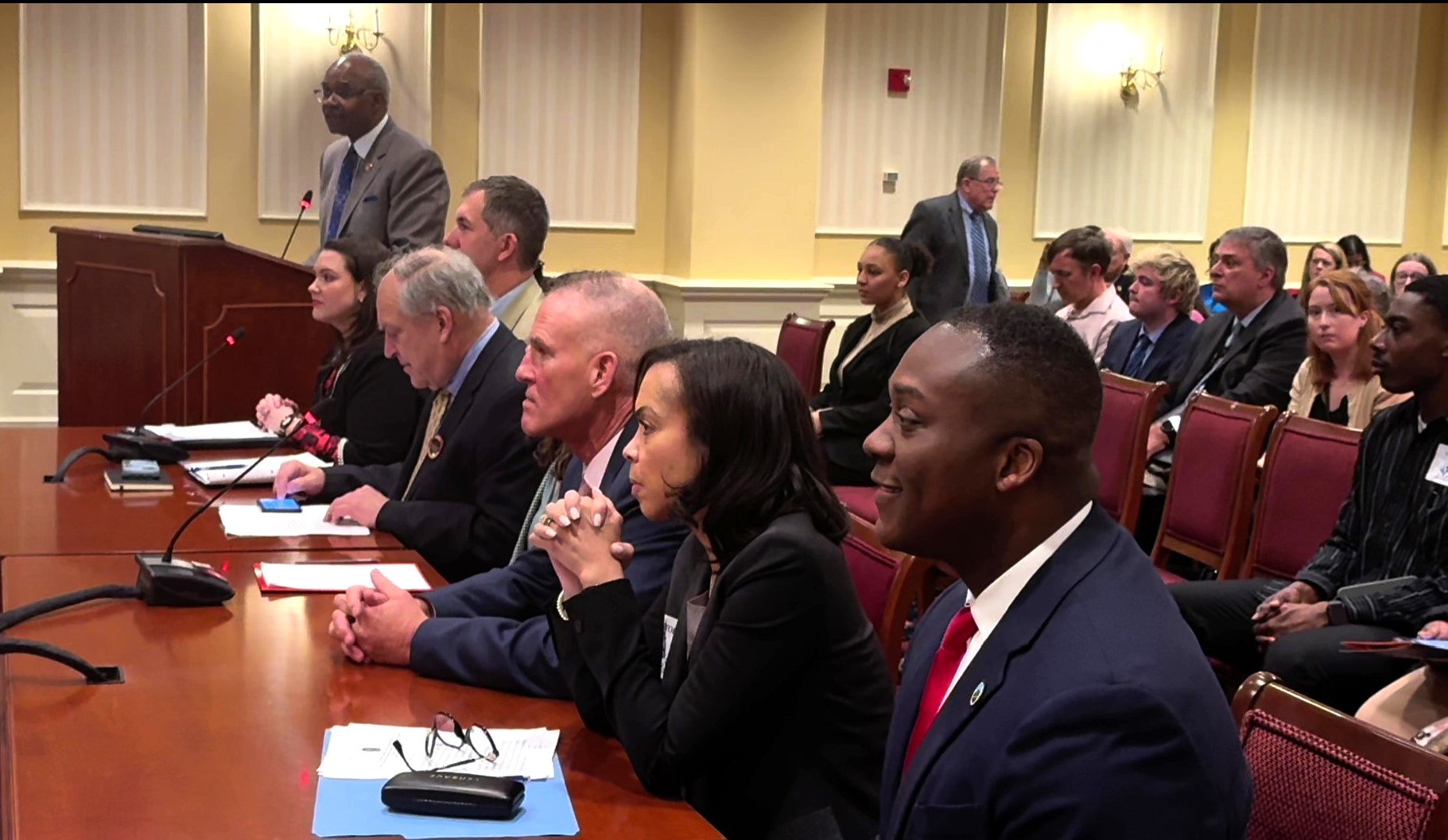Reuben Collins: To Be a Climate Leader, We Need the Coal Community Transition Act of 2021

As 2020 came to a close, the owners of the decades-old Morgantown coal plant in Charles County announced they would deactivate the plant by no later than 2027. The rapid collapse of the coal industry had finally hit our county.
The announcement wasn’t a surprise, however, as over half of the country’s coal plants have retired or announced plans to do so since 2010. In fact, five of Maryland’s six active coal-fired facilities either closed their doors or announced plans to retire in just the past year. Out-of-date and unsustainable fuels like coal cost more to dig up, haul, and burn than more affordable cleaner renewable energy resources like wind and solar.
In many ways, Morgantown’s retirement is a welcome development to my constituents, who for over 50 years endured the economic, environmental, and public health costs of living next to such a toxic polluting coal plant. The plant remains a major source of water pollution as it continues to discharge dangerous contaminants that have been shown to negatively impact children’s brain development, cause cancer, and damage the nervous system.
The plant is also a significant emitter of smog-forming pollution that causes respiratory issues and disproportionately impacts communities of color, as well as children and the elderly. The plant’s pollution was so serious that it once earned a D+ on the NAACP’s report card for environmental justice.

Charles County Board of County Commissioners President Reuben B. Collins II (D).
However, impacted workers and nearby communities who have suffered the consequences for this once profitable coal-burning plant now face an uncertain future. Workers may lose their jobs, the county could see a significant dip in tax revenue, and we may have trouble economically recovering without help. States like New York and Washington saw that the coal industry was trending towards its inevitable decline and took action by enacting bold coal transition policies. Maryland leaders have admirably sought to make our state a climate leader but we’ve been too slow to take action when it comes to responsibly phasing out the state’s dirtiest fossil fuel.
Maryland badly needs a coal transition plan that provides for an orderly transition to a new economic future. Without a plan, plants can close with only a 90-day warning, leaving workers at the mercy of out-of-state energy companies. The bipartisan Maryland Coal Community Transition Act, introduced in Annapolis by Sen. Chris West and Del. Ben Brooks is the plan that communities like Charles County deserve.
The legislation sets firm retirement dates for the state’s remaining coal plants that align with international standards for climate action. Next, the bill establishes a Fossil Fuel Transition Account which provides financial support for impacted workers, local governments with tax revenue shortfalls, and incentivizes the development of new clean energy projects in former coal communities.
Importantly, the legislation creates a longer-term planning process for transitioning our state off of climate-warming fossil fuels in a way that centers workers, environmental justice, and economic development. And we here in Charles County need a seat at the table.
The best way to deal with the downfall of coal is to enact transition legislation that prioritizes improving the material conditions of these communities. Leaders in the Maryland General Assembly and Gov. Hogan urgently need to step up for communities like Charles County and pass the Maryland Coal Community Transition Act of 2021.
— REUBEN B. COLLINS II
The writer, a Democrat, is president of the Charles County Board of Commissioners.




 Creative Commons Attribution
Creative Commons Attribution